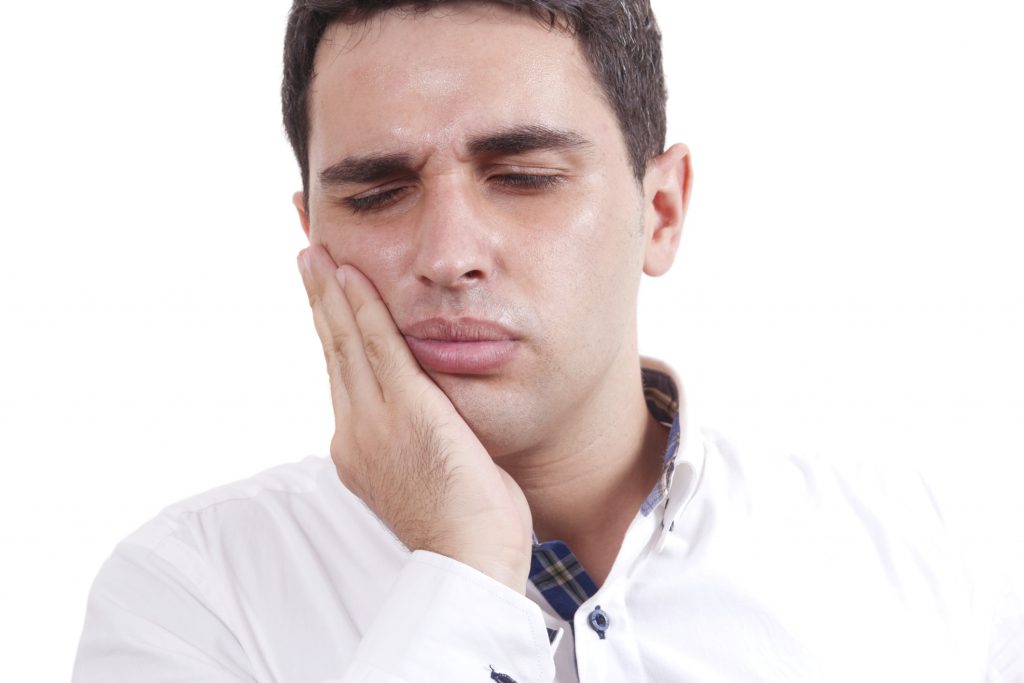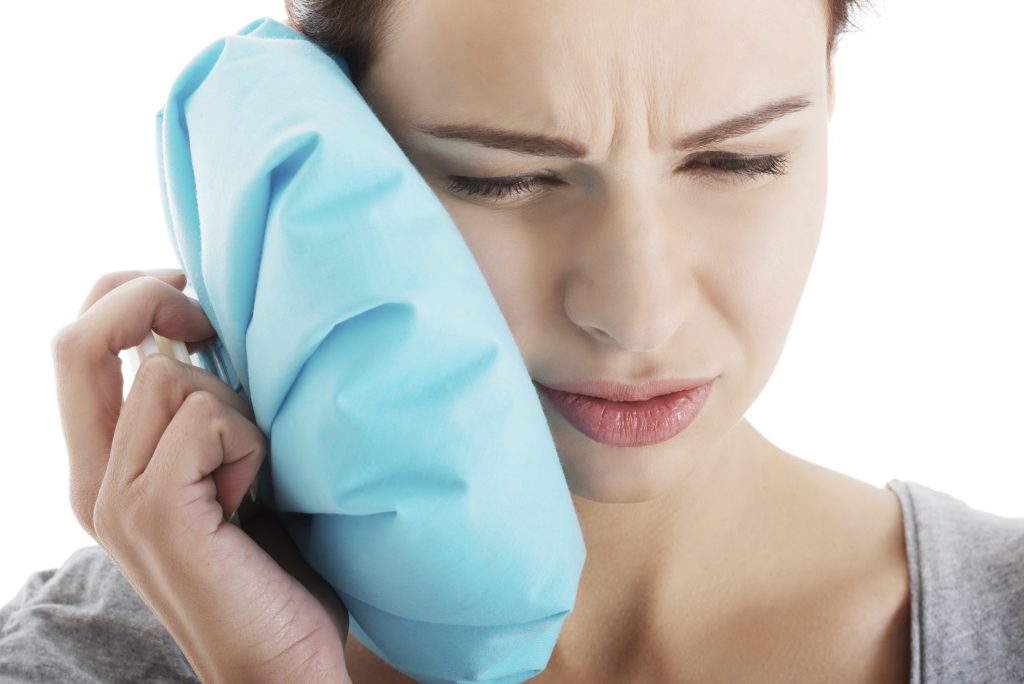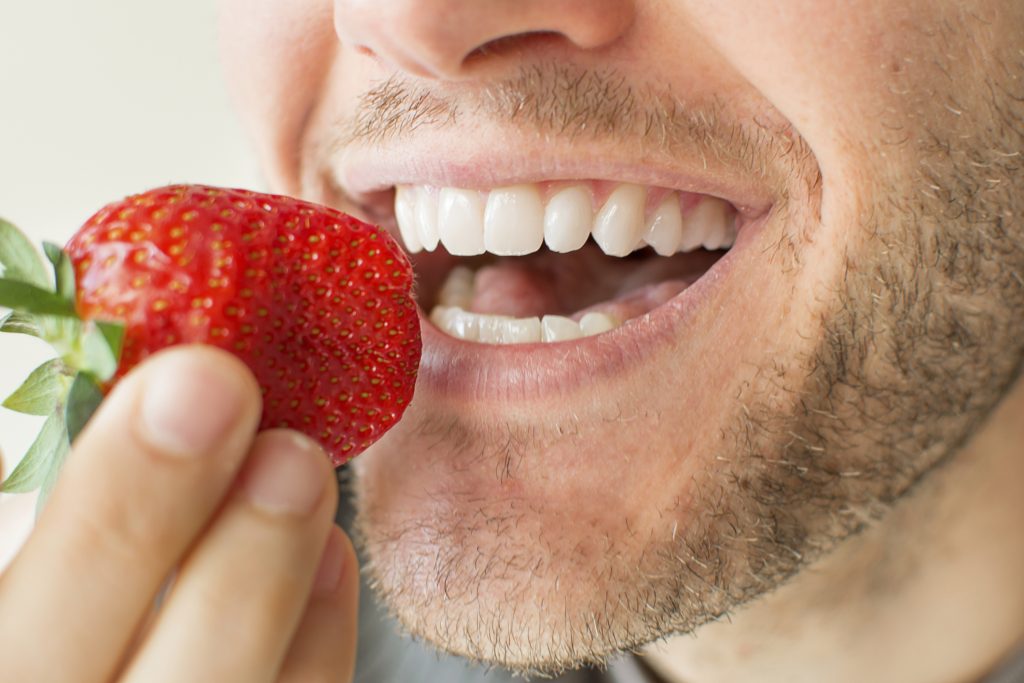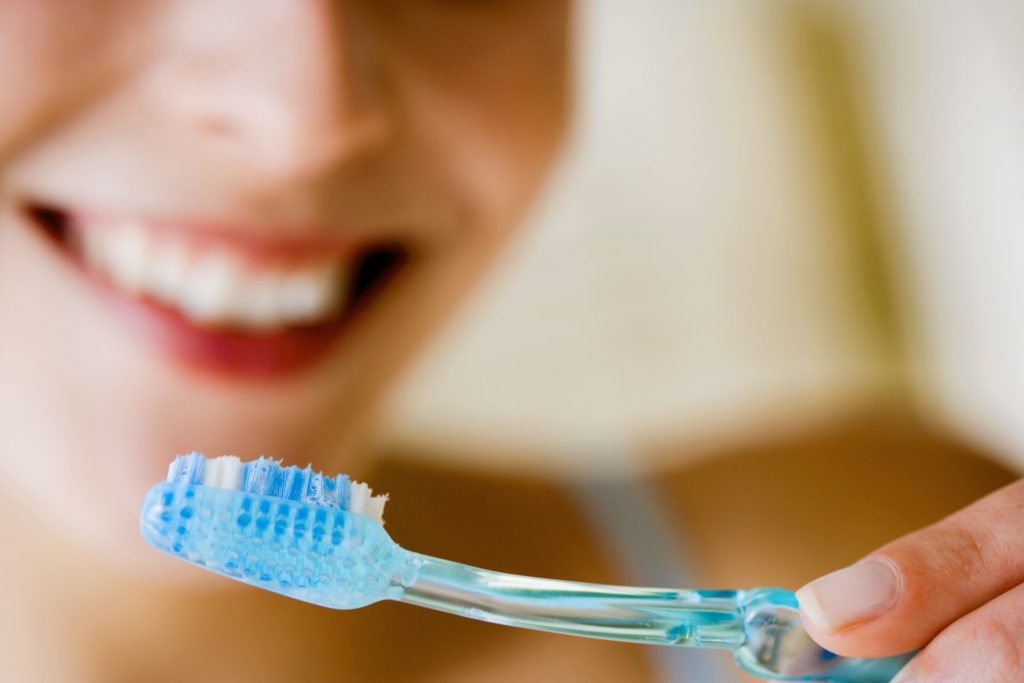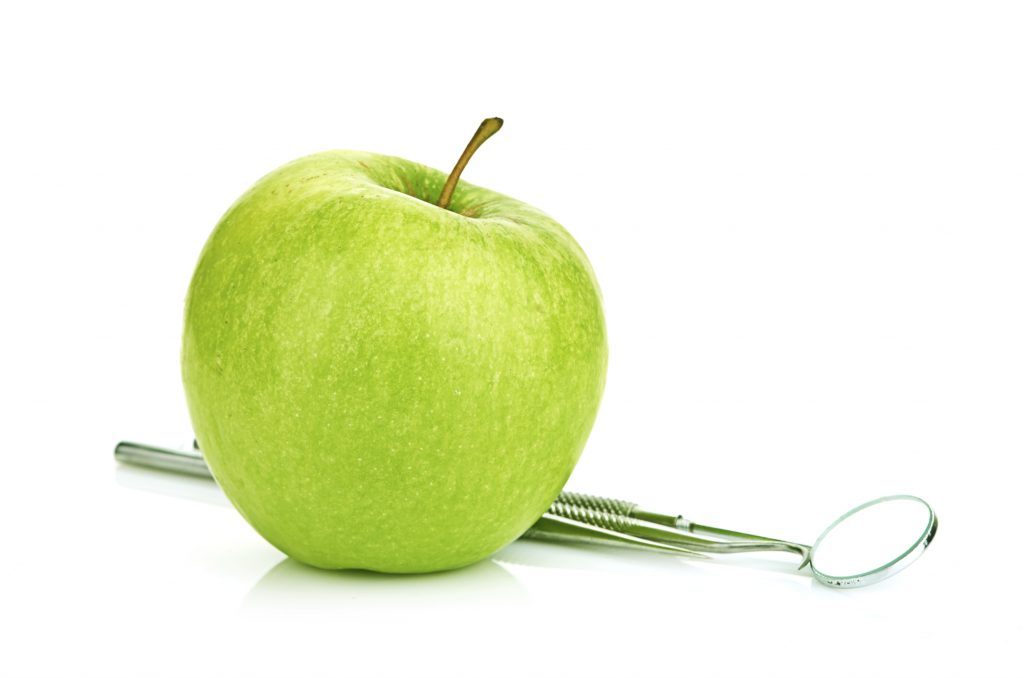
Keeping our teeth clean and healthy is important, not only to our dental health, but also our overall health. But this doesn’t mean you need to constantly brush your teeth. While brushing after each meal would be advantageous, not all of us have a toothbrush available at all times. Fortunately, there are loads of snacks you can nosh on that will do a good job in between brushings.
Carrots are full of fiber and help keep teeth clean by scrubbing the plaque off as you eat. Due to the fact that they’re not a juicy vegetable, they stimulate saliva production. This naturally cleans your teeth by rinsing your mouth as you eat. Additionally, carrots are full of B vitamins, which are essential in fighting gingivitis.
Leafy greens are high in fiber and low in calories, so not only are they good for your body, but they’re also great for your teeth. Kale and spinach contain calcium, which helps strengthen your teeth and B vitamins, which like we mentioned with carrots, help fight gingivitis! The fiber in both kale and spinach help scrub away plaque and food debris as you eat them.
You’ve heard the old saying ‘an apple a day keeps the doctor away‘, well it also keeps the plaque at bay! Not only does the fiber in an apple help clean your teeth, but they also fight bad breath. They scrub away plaque and debris and the acidity of an apple helps kill the bad bacteria that encourages bad breath.
Keep choosing healthy snacks and you’ll keep the plaque away, making your overall oral health even better. Give our office a call today to schedule your next exam, we look forward to hearing from you soon!
For more information about snacks that brighten our smiles, call Dr. Sciabica in Issaquah, WA at 425-392-3900 or visit www.issaquahdentists.com.
Dr. Frank S. Sciabica proudly serves patients from Issaquah and all surrounding areas.

